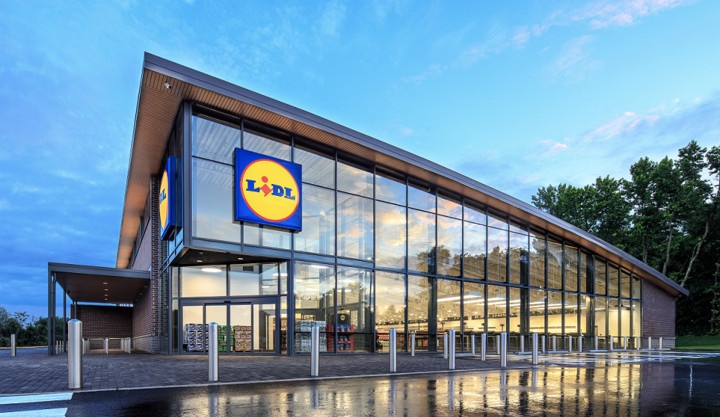Police in Rosenheim in the German state of Bavaria raided a Lidl supermarket last week, seizing THC- and CBD-free food products made from industrial hemp, and prompting the German-owned international grocery chain to suspend sales.
Lidl had been advertising a range of 21 products such as “cannabis cookies,” “cannabis energy drinks,” and “hash brownies,” apparently drawing police attention, according to Abend Zeitung, which first reported the raid. Lidl confirmed the incident to Germany’s Cannabis Business Industry Association (BvCW), which criticized the police action.
“It is a positive signal that a large discounter is showing interest in hemp food,” said Marijn Roersch van der Hoogte, Vice President and Departmental Coordinator for Industrial Hemp & Food at BvCW.
Overly restrictive
“But the fact that after 25 years there are increasing controls and reprisals against food suppliers for harmless hemp products clearly shows that the police and public prosecutors are interpreting the existing laws more and more restrictively without need,” Roersch van der Hoogte said.
Police said the products seized are undergoing analysis at a laboratory of the State Criminal Police Office in Munich, which could take several weeks. The discounter is apparently taking the range off the shelves for now but it is unclear if that removal is nationwide across Germany. Lidl is reported to have sourced roughly 1.5 million units of the products in a deal with a supplier.
“These measures still breathe the spirit of a long-outdated ban policy,” Roersch van der Hoogte said. “Tax money is wasted and the domestic economy is damaged.”
Conflict grows
German CBD sellers have repeatedly been targeted by local police – particularly in Bavaria – often facing criminal charges. But the seizure of products that contain no CBD and no THC ramps up the conflict between law enforcement agencies and hemp food producers.
“In the last two years we’ve experienced an unimaginable arbitrariness of the authorities when it comes to hemp and CBD products,” said Daniel Kruse, CEO at Hempro International GmbH, which successfully sued the city of Düsseldorf last year, leading to the lifting of a ban on the marketing and sales of products containing CBD in natural extract form.
“This partly affects the whole of Europe, but Germany, in particular, is the sad frontrunner in this respect,” said Kruse, who is also President of the European Industrial Hemp Association.
“There is an urgent need for a scientifically based approach in the development of guidelines and limits for THC in food, and commercial hemp should be deleted from the BtMG (Germany’s Narcotics Act),” Kruse said.
Legislation needed
Jürgen Neumeyer, BvCW ‘s managing director, said crackdowns by regional authorities have been “disproportionate and superfluous.”
“It clearly shows that clarification is required at the legislative level,” Neumeyer said.
“Our goal is clear: industrial hemp must finally get out of the Narcotics Act,” added Neumeyer. “It’s good that the general election is coming soon.”
BvCW said it is currently querying Germany’s political parties on a wide range of issues affecting cannabis, including funding, research, narcotics laws, CBD, medical cannabis and trade.

